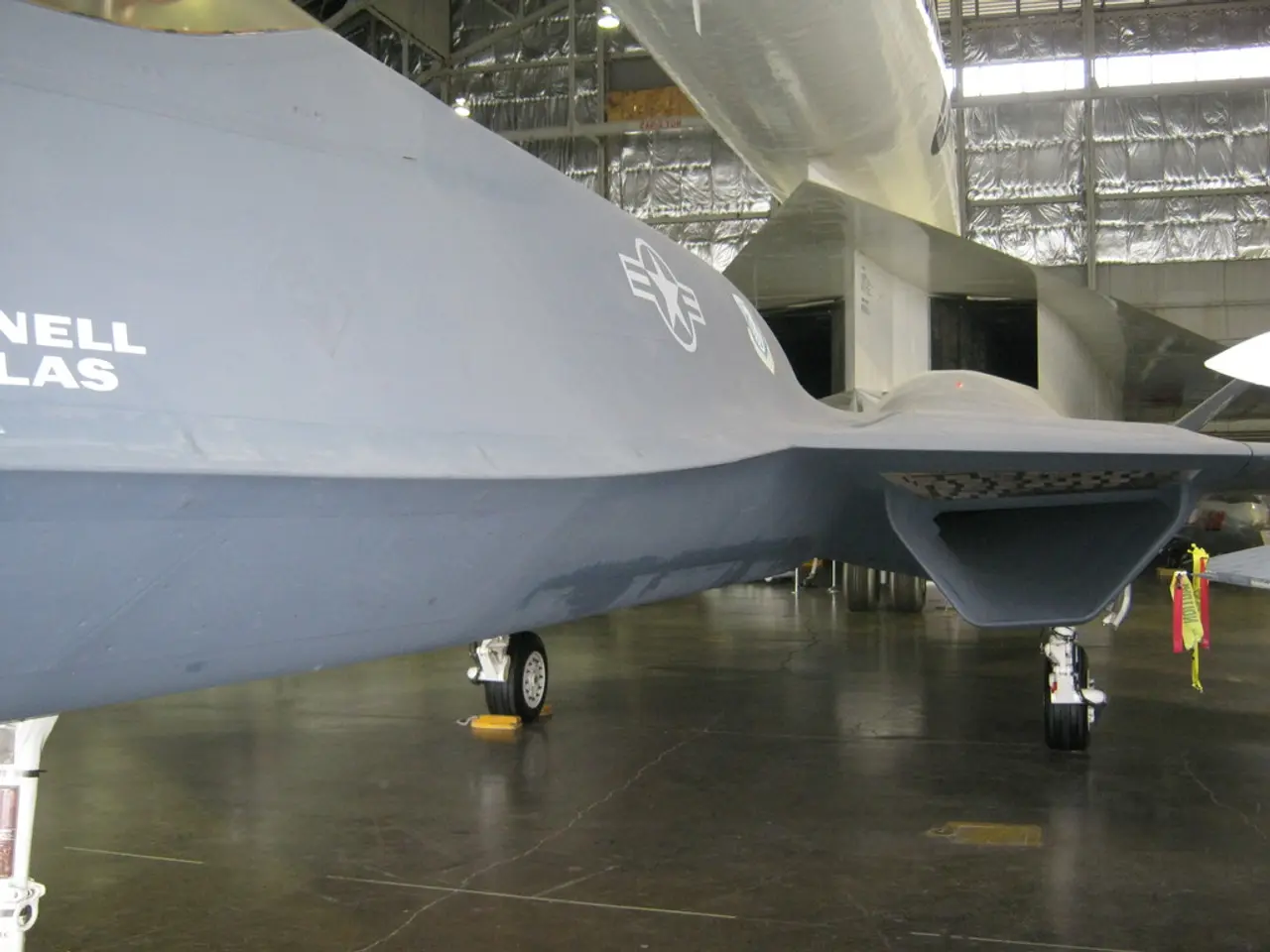Experience Optimate: Your Additional Onboard Aviation Sensors for Pilots
Airbus, the global aerospace giant, has announced the launch of Optimate, a groundbreaking project aimed at automating the entire 'gate-to-gate' mission on commercial airliners. This ambitious endeavour seeks to streamline the process of taxiing aircraft autonomously, from the gate to the runway and back, in a bid to enhance operational efficiency and safety.
Key Features of Optimate
Optimate is equipped with cutting-edge technologies designed to enable autonomous taxiing capabilities. The project integrates 4D LiDAR technology provided by Airbus UpNext, a critical component for real-time environment sensing and precise navigation.
The focus of Optimate is on demonstrating full autonomous operations during all ground phases of flight, a concept known as 'gate-to-gate'. This could potentially reduce workload for pilots, improve safety through automated trajectory protection, and digitally assist collaboration between flight crews and air traffic control.
The 'Flying Truck' and Its Role
At the heart of the Optimate project is a unique 'flying truck' named OPTI1. This mobile test bench is equipped with an A350 virtual flight deck and features sensor technology such as geo-locating sensors, 4D radar, and lidar. The 'flying truck' has already undergone trials at UpNext's headquarters near Toulouse and on the runways of Blagnac airport.
The 'flying truck' serves as a representation of the functions that could one day alleviate pilot workload, allowing flight crews to focus primarily on critical decision-making. It will perform thousands of hours of tests in the coming months.
The Future of Aviation with Optimate
As the global jetliner fleet is predicted to double over the next twenty years to meet demand, the need for smart automation solutions like Optimate becomes increasingly apparent. Airports and airspace are expected to become increasingly congested and complex to navigate.
Optimate will shift up another gear during the fourth quarter of 2024 with the demonstration of automated taxi operations on board an Airbus A350-1000 test aircraft. This milestone will mark a significant step towards the integration of autonomous systems into commercial aviation.
Gate-to-gate taxiing is a complex process for pilots, making it an ideal testing ground for smart automation. By automating this process, Optimate has the potential to revolutionise the aviation industry, ensuring a safer, more efficient, and less stressful environment for both pilots and passengers.
[1] Airbus (2022). Airbus unveils Optimate, the next-generation autonomy demonstrator for commercial airliners
[2] Airbus UpNext (2022). Optimate - The next generation autonomy demonstrator
[3] Airbus (2022). Airbus UpNext launches Optimate, a next-generation autonomy demonstrator
- The 'flying truck' named OPTI1, a key component of the Optimate project, is equipped with advanced technology such as 4D LiDAR and an A350 virtual flight deck, and will perform numerous tests in the coming months to demonstrate the potential of autonomous systems in reducing workload for pilots and improving safety in the aerospace industry.
- As demand for commercial air travel increases and airports become increasingly congested, the integration of smart automation solutions like Optimate into the aviation industry could revolutionize the way pilots operate, by automating complex processes such as 'gate-to-gate' taxiing, and ensuring a safer, more efficient, and less stressful environment for both pilots and passengers.








